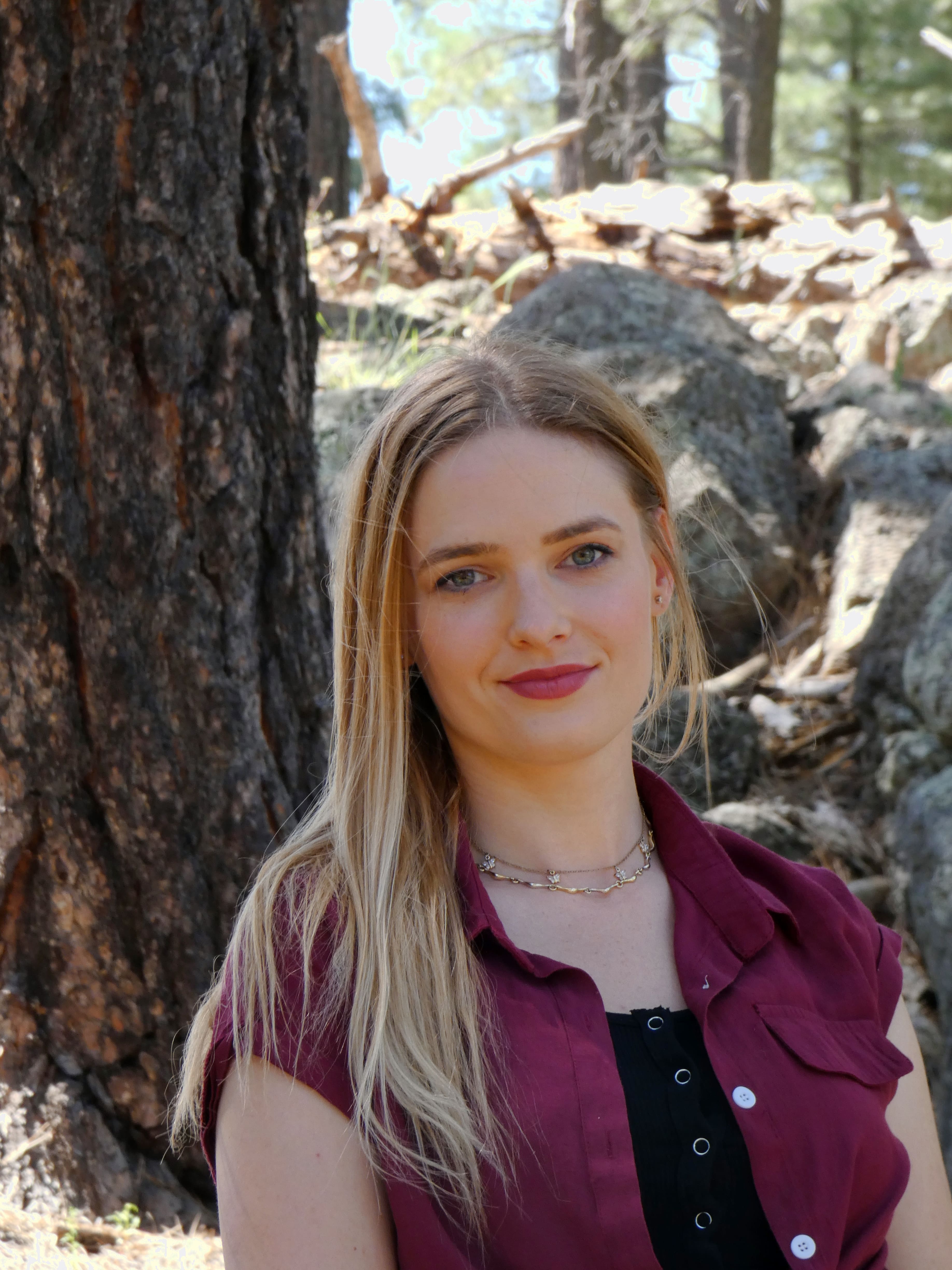Terrestrial Biodiversity
Societal Challenges
Wildlife & Invasive Species
AXA Chairs
France
2019.10.31
Invasive species: raising awareness with scenarios for the future
Scenarios as wake-up calls: following the example of climate change research
The project is set in two connected parts that will be advanced in parallel, both based on ‘big data’ analyses and statistical models. The objective of the first one is to provide scenarios of biological invasions worldwide for the 21st century, akin to the climate change scenarios that have been provided by the IPCC (Intergovernmental Panel on Climate Change). This first step will evaluate the range of plausible futures (different storylines, likely volumes of invasive species in different regions and the global effects) taking into account climate, land use and socioeconomic global changes. This will be done in collaboration with an international group of collaborators. The second work package will take a more detailed look at the impacts. Specifically, it will assess the future risks of invasion by given species, in given regions. “We are going to do the same thing criminal profilers do, but instead of determining the common psychological traits of serial killer, we will identify the ecological traits of invasive species”, explains prof. Courchamp. “These profiles, combined with data on suitable environmental conditions for their establishment, will help determine which species are likely to become the next generation of invaders and in which regions of the world they are likely to spread. We will then adapt the technique of ecological traits profiling for invasiveness to traits linked to the impact of these species once they have invaded and the characteristics of the invaded ecosystem to attempt to predict impacts.”
The use of scenarios as a scholarly methodology has proved exceptionally impactful for climate change research. Not only has it played a front role in raising awareness of the issue, it has also contributed to challenge existing assumptions, identify novel lines of inquiry and propose clear guidelines for policy makers and stakeholders. Applying the same methodology to invasion biology will undoubtedly bring attention to this potent but ignored threat. “Invasion biology is a sub-discipline of ecology. It gets little attention and little funding”, as prof. Courchamp points out. “The striking gap between the recognized importance of the effects of biological invasions and the paucity of research investments is worrying, and a further motivation for the current program”. Through this AXA-funded project, the ecologist is taking the necessary steps to change all of that. The initiative is part of a new strategical scheme to develop a world class center of research on the Saclay Plateau near Paris, to boost biology. In this regard, a new, large building is being built on the campus, that will host in the Chair within the new Institute for Ecology and Evolution of the Living World (IDEEV).

Franck
COURCHAMP
Institution
Université Paris-Sud
Université Paris XI
Country
France
Nationality
French
Related articles
Climate & Environment
Zoonose & Vector Borne Diseases
Global Warming
Wildlife & Invasive Species
Post-Doctoral Fellowship
Hungary
2023.08.31
How Will Climate Change Affect Bird-Spread Diseases
Expected start date:Aug-2023 Human, animal, and environmental health are interconnected. Climate change may alter the transmissions of diseases that can... Read more

Tamara
SZENTIVANYI

